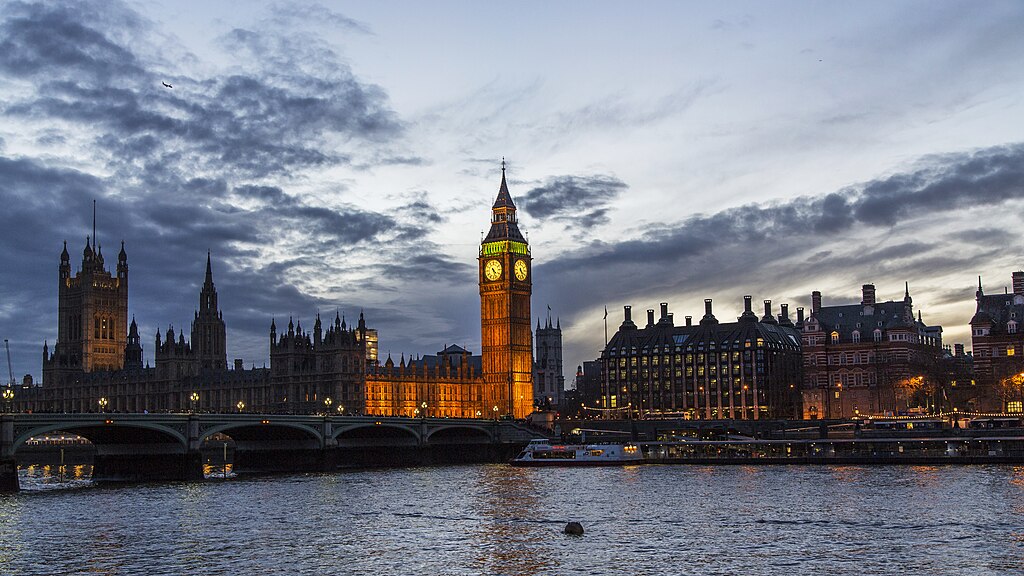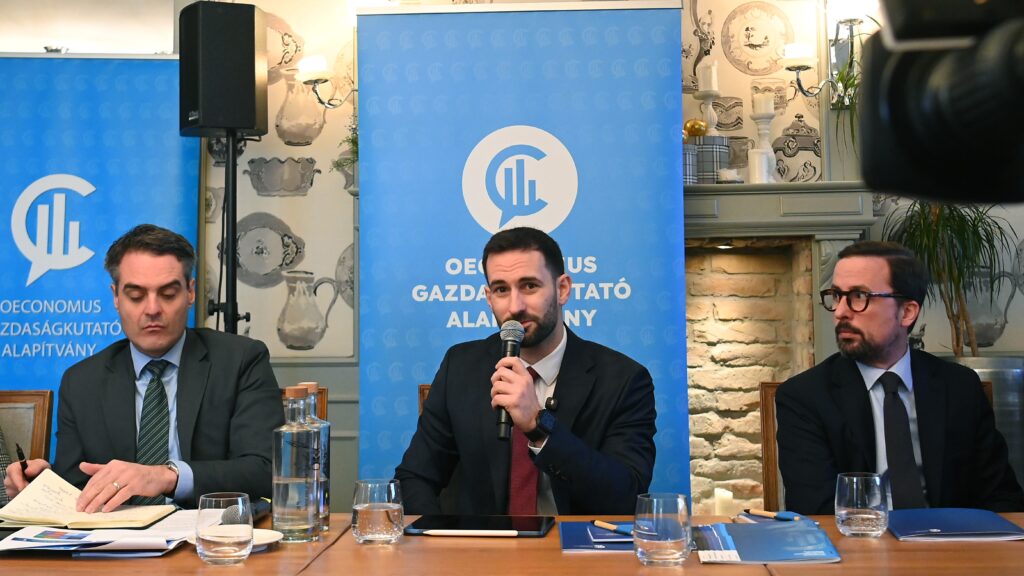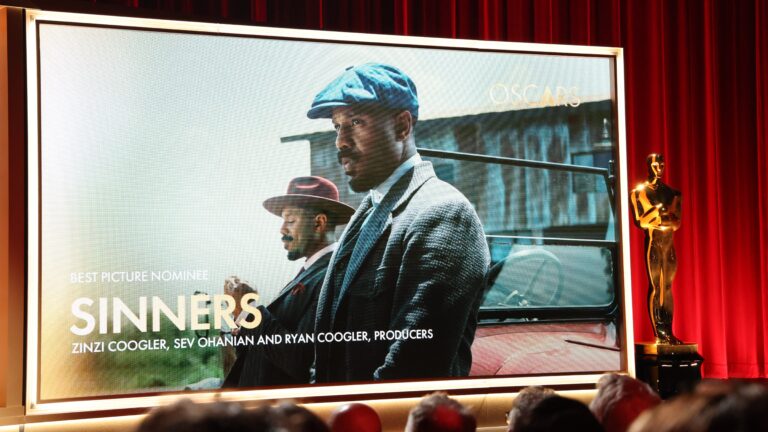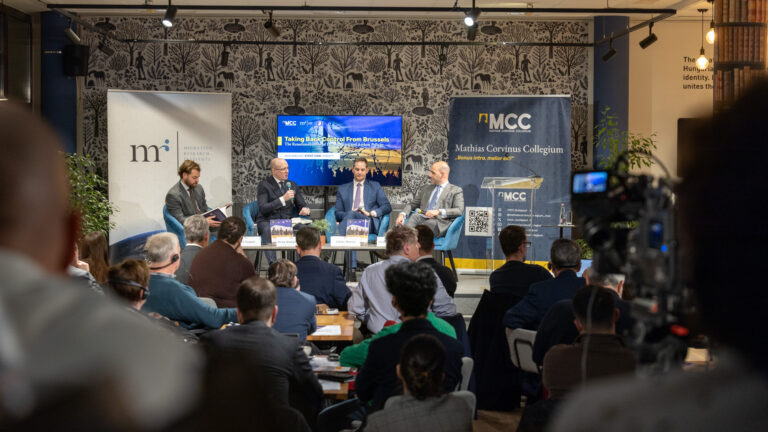Margaret Thatcher was a preacher for the Wesleyan Methodist church before becoming a politician, echoing her father’s values in her speaker visits around her Methodist circuit. Her faith was serious, and without wearing her Christianity on her sleeve, it was an important anchor. Methodism shaped her approach to ethical issues and was the grounding for her renowned instincts as a ‘conviction politician’.
But Mrs Thatcher did not draw on a corpus of Christian ideas, such as those expressed in the papal encyclicals underpinning Catholic social teaching (CST). Neither could she look to a Christian Democratic political tradition to provide a programmatic foundation for her governments. This is because the option of European-style Christian engagement in electoral politics has yet to take off in Britain.
An early sign of Mrs Thatcher’s moral grounding may be discerned in the Yom Kippur War of 1973. She defied the limp, equalizing stance of her own Conservative government, led by Ted Heath, which had imposed an arms ban on not just Egypt but also the intended target of the Arab goal of annihilation, Israel. Thatcher did not see them as ‘warring factions’ to be dismissed as equally culpable. Her judgment came down not just behind Israel, but later the faith of Israel, recognizing the contribution Jews make to British public life, by 1988 ennobling the then Chief Rabbi, Immanuel Jakobovits. He became the first rabbi to sit in the House of Lords.
Individuals who carried with them moral and religious certainty became central to her kitchen cabinet when she entered government. Christians of deep faith and insight, whether MP Michael Alison, John O’Sullivan or current peers Brian Griffiths and Michael Hastings, among others, were foils with whom Mrs Thatcher could test her priorities.
But ‘Thatcherism’ should not be seen as a Christian, individualist version of Christian Democracy, which in Europe is a political movement dating back 150 years, comprising Catholic Social Thought and Protestant, covenantal thinking. At the core of Christian Democracy is what could be called Relationism, the idea that the quality of human existence is measured by a Christian understanding of love and relationships. It implicitly relies upon the hand of the state to guide morally just outcomes that embody the Common Good. For Thatcher, less state was the goal. She wanted individuals to step up and carry personal responsibility for themselves first, then their family and neighbours. As she famously said: ‘There is no such thing as “society”’ that might replace people acting virtuously.
‘[Thatcher] wanted individuals to step up and carry personal responsibility for themselves first, then their family and neighbours’
Catholic social teaching recognizes class solidarity, trade union organization and the need to reconcile the competing interests of labour and capital, based on justice. Not individual liberty at all costs, but a form of freedom where no one is left behind. Government under CST is not some morally amorphous mechanism, which sits ‘neutrally’ above the fray, but an agent of moral purpose and power.
One key action she took in government forms a case in point. The first law banning Sunday trading in Britain was passed by King Wihtred of Kent in the year 685AD. Former Conservative Prime Minister Harold Macmillan called ‘the day of rest’ the greatest social measure known to the working man. But the second Thatcher administration tried to do away with it.
Her 1986 Shops bill would have legalized Sunday shop opening, on the basis that this deregulation would have given individual choice to shoppers (as well as greater profits for the businesses pushing for the measure). But how did she square this with what her shopkeeper Methodist father would have said about the removal of real choice for 2 million shopworkers? The bill was famously defeated at Second Reading. But her actions paved the way for Tony Blair’s sellout a few years later.
It was Adam Smith in his work, The Wealth of Nations, who had warned that free markets without Christianity would have horrid outcomes. And so it has proved, with many shopworker families experiencing the pain of not enjoying time together on the Sabbath to rest, or recognizing the needs of perhaps lonely older relatives, in order that the voracious demands of the market are met. No wonder that another Chief Rabbi, Lord Sacks, pointed out that ‘choice’ in ancient Greek is αἵρεσις, or hairesis, from which he said we derive the word ‘heresy’.
A second instance of ‘choice’ winning over the collective interest happened in 1987, with Liberal MP David Alton’s Private Members’ bill that would have brought down the upper limit for abortions to 18 weeks—not the European norm of 12 to 14 weeks—but a change, nevertheless. Mrs Thatcher made clear this was not a measure she could support, and it had no government help in scheduling, though many hundreds of MPs did back it, and it only failed due to political chicanery that saw the measure talked out.
Contrast that with the government help Harold Wilson, as a Labour Prime Minister, gave in 1966 to David Steel’s bill decriminalizing abortion. In this instance, individualism in ethics was allowed to be uppermost by Mrs Thatcher, not the Christianity that prioritizes the vulnerable unborn child through collective action of the strongest to protect their right to life.
Catholic social teaching (CST) emphasizes the dignity of labour, the right of unions to negotiate a fair share of gross domestic product between capital and labour and ensures class collaboration by means of ‘co-determination’ through worker representation on company boards. CST also recognizes the significance of property rights. It is to be noted, however, that these may be undermined when public goods like water, the railways and scarce social housing are sold off, and monopoly profits are privatized to the few.
Within this framework, the blessings of shared prosperity through dynamic growth and the proper functioning of efficient markets may be seen as central to the idea of the Christian Democratic mixed social market economy. Margaret Thatcher’s advocacy of the European Single Market in 1986 and her collaboration with European leaders, particularly Jacques Delors, the President of the European Commission, are consistent with the tradition.
Despite Brexit, the Single Market is one of Margaret Thatcher’s lasting achievements. When the United Kingdom eventually returns to a reformed European Union, her focus on the abolition of barriers to trade will be rediscovered with gratitude. Britain at that moment may once again take up leadership in Europe on that other urgent policy challenge identified by Mrs Thatcher in 1989, when, as a trained scientist, she described the threat of anthropocentric climate change. Since then, there has been political consensus in Westminster that economies must wean themselves off of carbon and all its linked subsidies to enjoy cheap, abundant and clean renewables.
‘Despite Brexit, the Single Market is one of Margaret Thatcher’s lasting achievements’
This autumn at the Labour Party conference, the expert on Catholic social teaching Lord Maurice Glasman described Thatcherism in what he called Marxist terms; it was historically necessary to show that untrammelled individualism and the myth of efficient self-correcting markets do not take us towards Christian neighbourliness.
Glasman—though himself Jewish—argues the West is entering a moment of rediscovery of Christian ideas of the common good, which would not have happened without the shortcomings of Thatcherism becoming evident. Catholic historian and thinker Christopher Dawson predicted this, saying that the West is reaching a ‘great civilizational moment’.
For Dawson, a civilizational moment is a critical transition phase in the life of a civilization, when it loses a decisive connection with the dynamic that inspired it. Such a moment, he argues, must result in one of three broad options: a renewal of the dynamic that inspired the civilization in the first place, a successful replacement of the original dynamic by another, or the decline of the civilization.
Applying Dawson’s assessment, the Conservative governments of the Thatcher era recognized the damage the over-reach of the state in the economy could do to ideas of individual responsibility, creativity and freedom. She tackled these head-on. But instead of renewing Christian assumptions underpinning the existing social and political covenant, they gave birth to another dynamic individualistic ideology that worships the vacuity of choice, the nonsense of ‘my truth versus your truth’—as all is relative—and the madness of crowds of individuals believing anything, rather than nothing, or the something that is English Christianity.
Margaret Thatcher had an idea of Britain and championed it—both in the face of the communist tyranny of Moscow and in defending the Falklands, against the fascist delusions of the tinpot junta in Buenos Aires. But it is now given to this generation of politicians, learning in all humility from the rediscovered Christian inspirations of the nations of Central Europe, to recognize that if the legacy of Margaret Thatcher is to properly be acknowledged, a return to the civilizational project of renewal is required.
A moment of turning seems to be approaching. And it is to this Christian tradition that Margaret Thatcher first owned and proclaimed, which Britain and our continent need much more than her politics.
Related articles:







